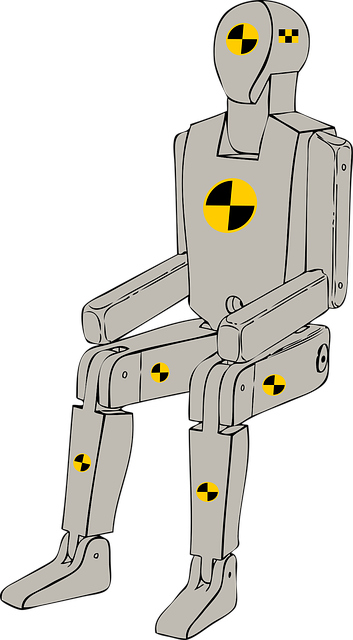Navigating a PTSD injury claim requires demonstrating significant mental impairment from traumatic events, with symptoms like flashbacks and heightened anxiety affecting daily life. Medical evidence, including mental health records and diagnoses, is crucial for validity. Mental health professionals assess emotional distress, impact on functioning, and relationships to prove psychological harm. Specializing lawyers help gather and present this documentation, establishing a clear link between trauma and required treatments.
Proving psychological harm in a Post-Traumatic Stress Disorder (PTSD) injury claim can be complex, but understanding the legal definition of psychological harm is crucial. This article guides you through the process, focusing on key aspects such as medical evidence, documenting mental health diagnoses and treatments, and evaluating emotional distress and impairment. By following these steps, claimants can effectively present their case for PTSD-related compensation.
- Understanding the Legal Definition of Psychological Harm
- Medical Evidence: Documenting Mental Health Diagnoses and Treatments
- Subjective Experience: Evaluating Emotional Distress and Impairment
Understanding the Legal Definition of Psychological Harm

In the context of PTSD claims, understanding psychological harm goes beyond mere emotional distress. Legally, it refers to significant mental or emotional impairment resulting from a traumatic event, such as those experienced in military combat, accidents, or instances of caregiver negligence. This harm is typically characterized by symptoms like re-experiencing the trauma through flashbacks or nightmares, avoidance behaviors, heightened anxiety, and severe depression—all impacting an individual’s daily functioning.
When building a PTSD injury claim, it’s crucial to demonstrate how these symptoms interfere with one’s ability to lead a normal life, similar to how real estate litigation focuses on property damage, but also involves proving its impact on the claimant’s well-being. Unlike caregiver negligence claims that center around the failure to provide adequate care, PTSD cases emphasize the long-term psychological effects of trauma, which can be as debilitating as physical injuries in accident compensation scenarios.
Medical Evidence: Documenting Mental Health Diagnoses and Treatments

When building a PTSD injury claim, medical evidence plays a pivotal role in proving psychological harm. Documenting mental health diagnoses and treatments is essential. This includes detailed records of psychotherapy sessions, medication prescriptions, and any specialized care or therapy provided by mental health professionals. Such documentation not only validates the existence of PTSD but also demonstrates its severity and impact on the claimant’s daily life.
An auto accident lawyer specializing in personal injury cases can help gather and organize these records, ensuring they are presented effectively to support the claim. In cases involving caregiver negligence or elder abuse, where mental health issues may arise, this documentation becomes even more critical. It helps establish a clear timeline of events leading up to the psychological harm and the subsequent treatments required, ultimately strengthening the claim’s validity.
Subjective Experience: Evaluating Emotional Distress and Impairment

The subjective experience of an individual with PTSD is a critical aspect when proving psychological harm for a claim. Emotional distress and impairment are internal states that must be meticulously evaluated, as they can significantly impact a person’s daily life and overall well-being. This involves understanding the claimant’s personal narrative, their unique perception of events, and the subsequent emotional responses. Mental health professionals play a vital role in assessing these subjective experiences through thorough evaluations and diagnoses, such as PTSD according to DSM-5 criteria.
In the context of legal representation for PTSD injury claims, establishing emotional distress is essential. It goes beyond mere diagnosis; it delves into the lived experience of the victim. In cases involving nursing home abuse or neglect, where individuals may be vulnerable and at risk of developing PTSD, documenting and understanding their emotional journeys are crucial steps in building a compelling case. This includes evaluating how the trauma has affected their ability to function, maintain relationships, and engage in daily activities, thereby illustrating the profound impact of psychological harm.
Proving psychological harm in a PTSD injury claim requires a multifaceted approach. By understanding the legal definition, gathering robust medical evidence, and considering the subjective experience of the claimant, one can effectively document and demonstrate the emotional distress and impairment associated with PTSD. This comprehensive strategy ensures a stronger case, emphasizing the severity and impact of this invisible injury.






